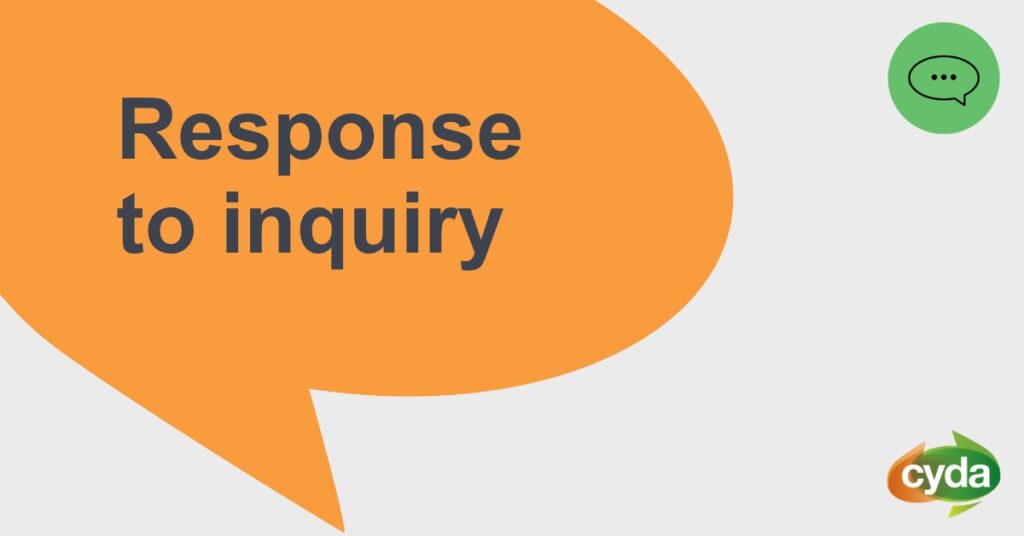To date, CYDA has received mixed feedback regarding the experiences of children and young people accessing the NDIS. While there have been positive experiences reported, CYDA has also heard of lengthy delays in planning and implementation of services and challenges in establishing quality NDIS plans for children and young people.







